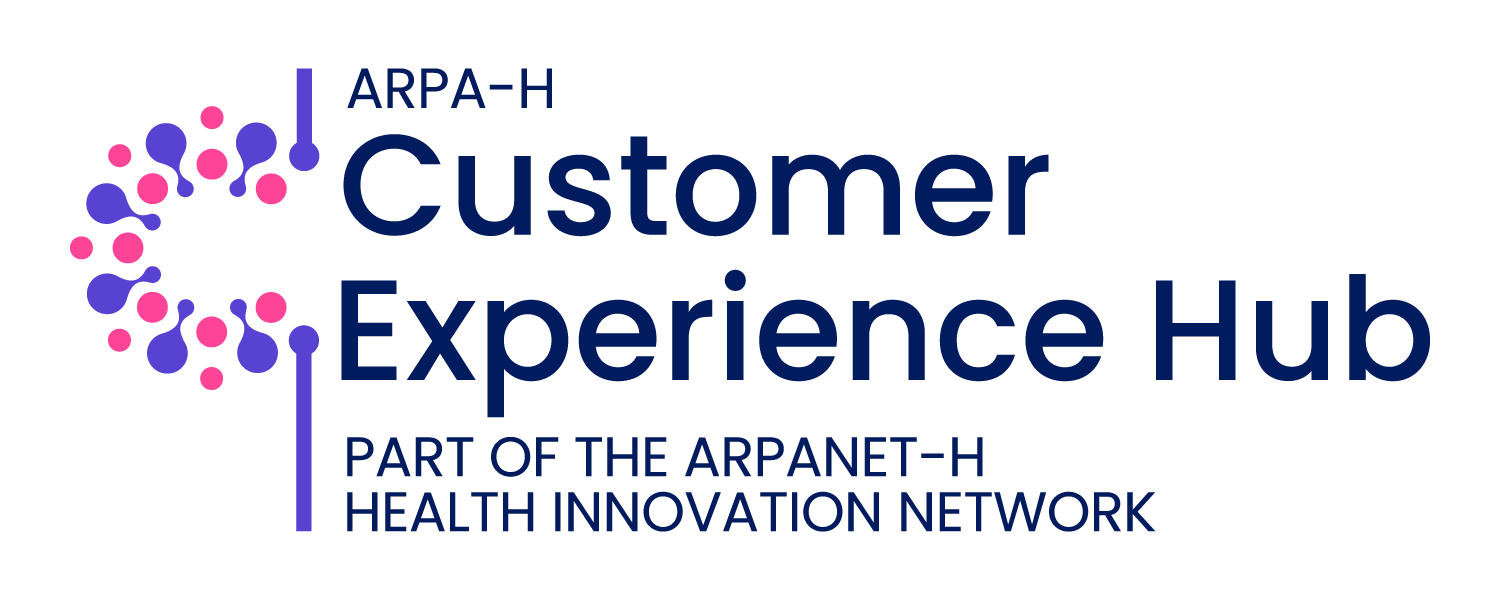About the Advancing Clinical Trial Readiness (ACTR) Initiative
The Advancing Clinical Trial Readiness (ACTR) Initiative, led by ARPA-H’s Resilient Systems Office (RSO), aims to transform clinical trials by developing a robust, efficient, and decentralized trial infrastructure. The core focus of the effort is to create the tools, network, and infrastructure necessary for decentralized and on-demand clinical trials that would enable 90% of eligible Americans to participate in clinical trials within 30 minutes of their home. This includes automating data extraction and synchronization between Electronic Health Records (EHRs) and case report forms (CRFs), standardizing data collection, and enhancing patient enrollment and retention, particularly in underserved and non-traditional sites. By developing technical approaches that facilitate a “network of networks,” ACTR will enable Contract Research Organizations (CROs) to interoperate and extend into different non-traditional sites, geographies, and underserved populations, making clinical trials more accessible, representative, and cost-effective.
ACTR Unveils Draft Request for Solutions
The ACTR request for solutions (RFS) is a forthcoming funding opportunity to develop, refine, and integrate efficiency-enhancing tools designed to transform clinical trial infrastructure and move it closer to the point of care. Tools developed will be pressure-tested and evaluated within real-world clinical contexts in partnership with appropriate stakeholders as outlined in the Independent Verification & Validation (IV&V) and technology transition strategies. Interested parties will submit a solution summary addressing one of the following Technical Areas:
ACTR seeks proposals across three technical areas:
Technical Area 1 (TA1 ) – Automatic Clinical Trial Data Prompting & Extraction: Develop innovative tools and approaches to automate data extraction and synchronization between EHRs and CRFs , while standardizing data collection processes and elements to improve efficiency and accuracy. This includes implementing unidirectional and bidirectional data flows to streamline data capture, enhance coordination among trial sites, and adjust what data are collected across decentralized clinical trials. Ultimately, TA1 aims to reduce manual efforts, increase trial efficiency, and facilitate the integration of real-world data into clinical research.
Technical Area 2 (TA2) – Research Participant Identification & Engagement: Develop innovative methods and tools to accelerate patient enrollment and consent and enable trials to be more representative of the U.S. population.
- TA2.1 – Research Participant Identification: Develop algorithms and approaches to accelerate the identification of potential study volunteers and create solutions that allow participating study sites to search their own records to efficiently identify eligible study participants, while ensuring that the solutions developed are accessible and usable by potential study volunteers and sites.
-
TA2.2 – Culturally Appropriate Consenting: Create clear and accessible consent processes for specific data uses tailored to individual educational and cultural backgrounds, using adaptive methods with real-time translation, promoting informed decision-making.
- TA2.3 – Engagement and Retention: Develop solutions that continuously engage study volunteers, providing opportunities for them to ask questions, learn about the study, and report outcomes, and create tools to identify study participants most likely to drop out so that interventions can be designed to improve retention of study participants.
Technical Area (TA3) – Trial-Grade Data Validation and Auditing: Develop technologies that improve data completeness and accuracy and study audits – i.e., confirmation of regulatory compliance – more automatically. These tools will improve efficiency and reduce costs, thus facilitating the participation of underserved areas and the people they serve.
How to Participate:
Attend Proposers’ Day on January 16th, 2025
The initiative will kick off with a hybrid Proposers’ Day on January 16 at 10:00 a.m. ET in the New Brunswick, N.J. area. The ACTR Proposers’ Day will feature presentations by ARPA-H, including technical presentations covering the ACTR effort as well as informational sessions during which participant questions will be answered. This event is only open to registered potential proposers and is closed to the general public and media.
Interested participants must register in advance through the registration website https://solutions.arpa-h.gov/ACTR

In-Person: The deadline to register in-person has closed.
Virtual: The deadline to register for virtual has closed.
Sign Up for a Sidebar at Proposers’ Day
Sidebar conversations at Proposers’ Day serve as the opportunity to meet with the Portfolio Lead for a period of five-minutes to ask questions. There will be a limited number of sidebar slots, so participants are encouraged to sign up as early as possible.
In person sidebar: There are no remaining in-person sidebars available.
Virtual sidebar:
https://outlook.office365.com/book/AdvancingClinicalTrialReadinessSidebars@nih.onmicrosoft.com/s/P_jT2Fu9GkalE_GBpR0f-w2
Key Dates
Draft Request for Solutions: Tuesday, December 17, 2024
Proposers’ Day: Thursday, January 16, 2025
Other program dates posted soon
FAQ
Interested proposers should submit any questions to
arpa-h-cx-hub-contracts@ati.org.

